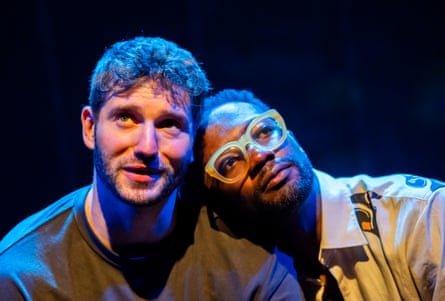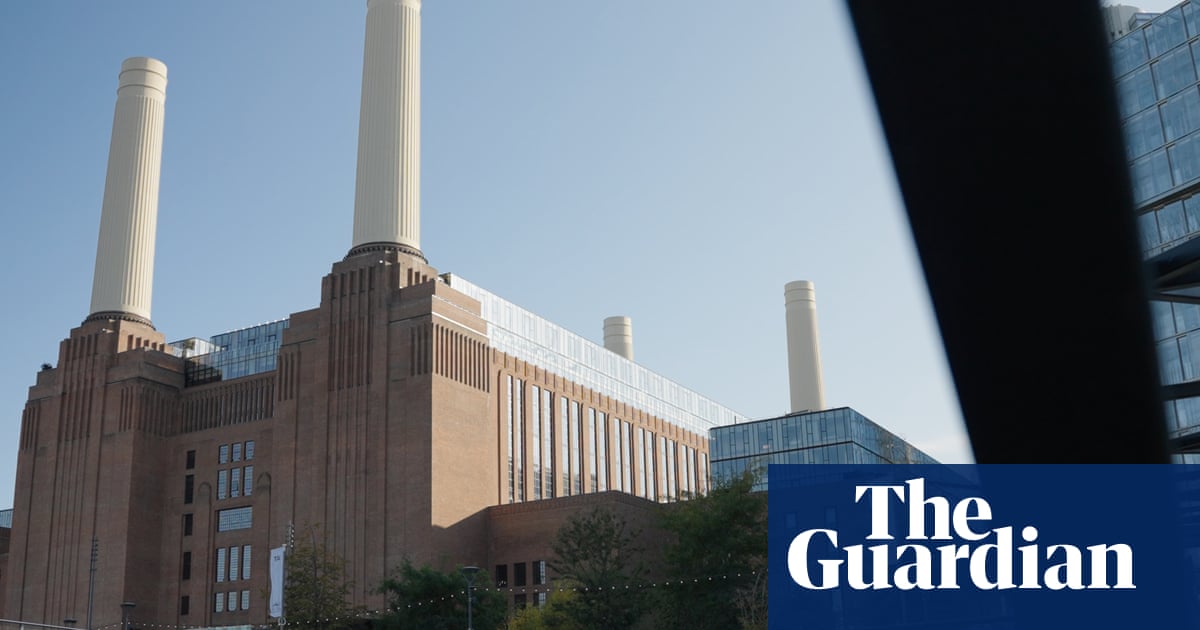There are never just two people in a room, or two voices in a conversation. For the interracial gay couple in Harrison David Rivers’s 2017 play, those voices are freighted with complexity: white privilege and Black hurt, queer joy and rage, all shimmering around the simplest dialogue.
Jesse (Omari Douglas) is a Black playwright who prioritises his work; Neil (Alexander Lincoln) is a white activist who comes from wealth and will cross the country to support a protest. Set between 2012 and 2015 – from Obama in excelsis to rising Trump – the play skitters across this timeline, not always clearly (“Emotional truth is of greater value than logic,” reads an author’s note). Scenes are short and sharp – some only a splinter – and typically end in a snog or a strop.

In Billy Porter’s finely cast production, Douglas’s Jesse, spindly and spiky, has a crackling chemistry with Lincoln’s righteous, goofy Neil. The pair relate their first encounter – when Neil demonstrated his allyship at a protest, clinging to a statue and reciting poetry (“This bitch with the bullhorn,” as Jesse calls him). Cue fierce conversations in cabs, bars and subways. Neil can’t understand his lover’s wariness around public dissent; Jesse despairs at the other’s unquestioned ease. Jesse, his hinterland withheld, finds it easier to address the audience than unpack his mind to Neil.
Rivers drives a wild ride – he’ll grab the wheel and swerve between acrimony and snuggle, from banter to bitter division. As the couple navigate their differences, conversations get deep quickly – perhaps they were always skating on thin ice.
Rivers’s writing can editorialise, and while Porter’s production brings energy and an excellent playlist, it pushes hard on the pedals – the actors commit to flirt and fight, but by the end of the 90 minutes, both voices sound raw. Lee Curran’s lighting frames the stage in neon, flaring yellow in alarm whenever something terrible happens in the wider country – as it does, again and again. And, as slowly emerges, something terrible also happens close at hand.
-
At Soho theatre, London, until 26 July

 4 hours ago
2
4 hours ago
2










 English (US)
English (US)